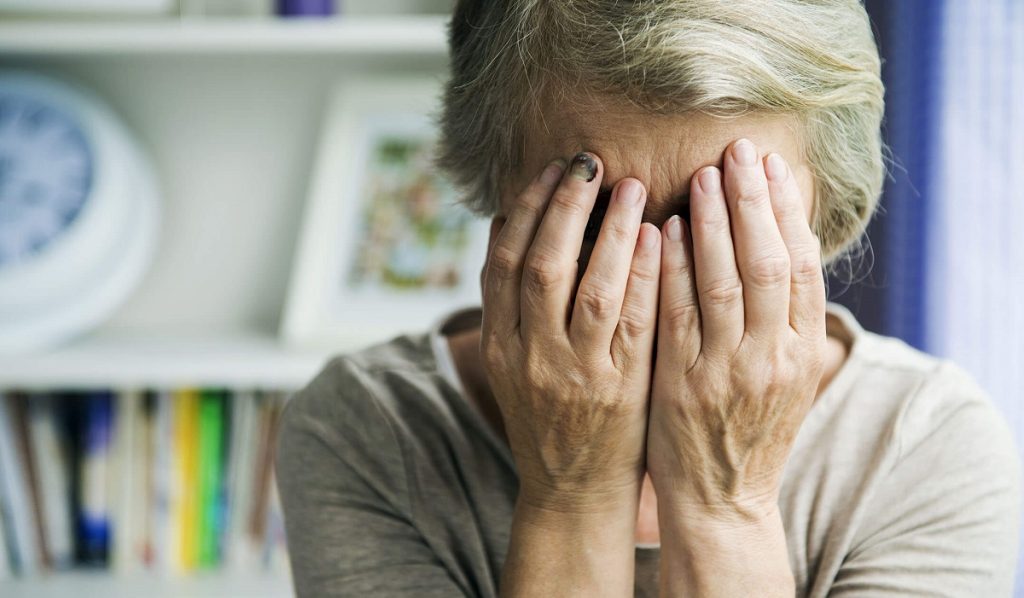Elder abuse, a deeply concerning issue, affects a significant portion of the aging population worldwide. Around 1 in 6 individuals aged 60 or older experience some form of abuse each year in community settings, and the problem is even more acute in institutions like nursing homes, where 2 in 3 staff members admit to committing abuse. This abuse can lead to severe physical and mental health issues, financial difficulties, and social challenges.
Elder abuse risk factors range from individual characteristics such as functional dependence and cognitive impairment to relationship dynamics and societal factors like ageism. Preventative measures include caregiver interventions, money management programs, helplines, and the coordination of multi-disciplinary teams.
To tackle this problem, WHO and its partners have outlined five key priorities:
• combating ageism
• generating better data
• developing cost-effective solutions
• making an investment case
• raising funds for prevention.
These initiatives aim to address and reduce elder abuse, ensuring the well-being and dignity of our aging population. As the global population continues to age, it is crucial that we work collectively to protect the elderly from abuse and its devastating consequences.
For more details, please visit: https://www.who.int/news-room/fact-sheets/detail/abuse-of-older-people




